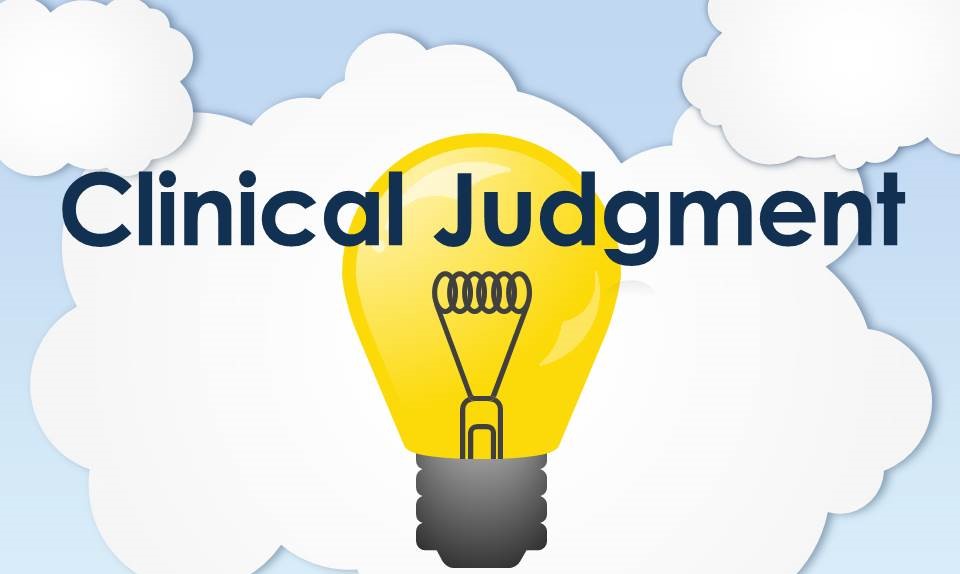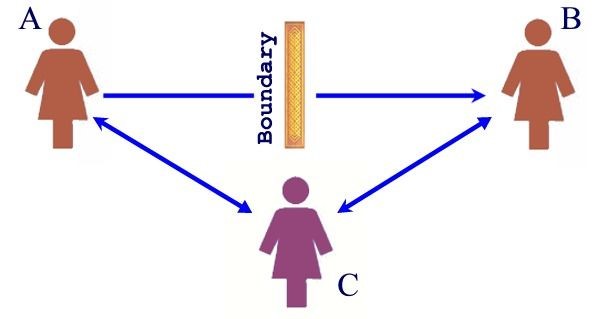At PsychLaw.net we know that the expectations of mental health professionals can lead them to believe that symptoms consistent with their diagnostic impressions were exhibited in an interview; when in fact, they were not. Conversely, they are also less likely to recall symptoms that were actually present during an interview but inconsistent with their diagnostic impressions.
These effects of selective memory were dramatically demonstrated in a 1979 experiment using college students. The students read a story about a woman who exhibited both introverted and extroverted traits. Two days later, half of the students were asked to assess how well this woman would do in a sales position ‑ a presumably extroverted career. Continue reading “Selective Recall of Mental Health Processionals”




